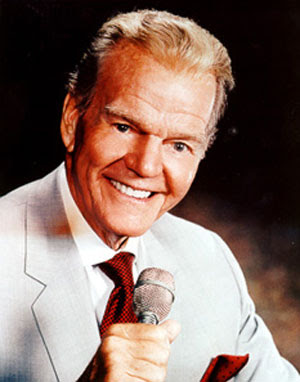After the Bush years of obfuscation, a unusually somber President Obama should receive high marks for relative candor and a high degree of control in his first televised national
press conference. Faced with a financial crisis with a second bailout and stimulus package up in the air, Obama made his case to the American public while deftly addressing questions put to him by the press.
For example:
Chip Reid: You have often said that bipartisanship is extraordinarily important, overall and in this stimulus package, but now, when we ask your advisers about the lack of bipartisanship so far -- zero votes in the House, three in the Senate -- they say, "Well, it's not the number of votes that matters; it's the number of jobs that will be created."
Is that a sign that you are moving away -- your
White House is moving away from this emphasis on bipartisanship?
And what went wrong? Did you underestimate how hard it would be to change the way Washington works?
Obama: Well, I don't think -- I don't think I underestimated it. I don't think the -- the American people underestimated it. They understand that there have been a lot of bad habits built up here in Washington, and it's going to take time to break down some of those bad habits.
You know, when I made a series of overtures to the Republicans, going over to meet with both Republican caucuses, you know, putting three Republicans in my cabinet -- something that is unprecedented -- making sure that they were invited here to the White House to talk about the economic recovery plan, all those were not designed simply to get some short-term votes. They were designed to try to build up some trust over time.
And I think that, as I continue to make these overtures, over time, hopefully that will be reciprocated.
But understand the bottom line that I've got right now, which is what's happening to the people of Elkhart and what's happening across the country. I can't afford to see Congress play the usual political games. What we have to do right now is deliver for the American people.
So my bottom line when it comes to the recovery package is: Send me a bill that creates or saves 4 million jobs. Because everybody has to be possessed with a sense of urgency about putting people back to work, making sure that folks are staying in their homes, that they can send their kids to college.
That doesn't negate the continuing efforts that I'm going to make to listen and engage with my Republican colleagues. And hopefully the tone that I've taken, which has been consistently civil and respectful, will pay some dividends over the long term. There are going to be areas where we disagree, and there are going to be areas where we agree.
As I said, the one concern I've got on the stimulus package, in terms of the debate and listening to some of what's been said in Congress, is that there seems to be a set of folks who -- I don't doubt their sincerity -- who just believe that we should do nothing.
Now, if that's their opening position or their closing position in negotiations, then we're probably not going to make much progress, because I don't think that's economically sound and I don't think what -- that's what the American people expect, is for us to stand by and do nothing.
While not always answering questions head on, like in the case of whether he would reverse the policy about allowing the photographing of the draped coffins of soldiers returning to
Dover AFB, he did say what criteria he would use to make his decision.
Perhaps one of his best and worst moments was in addressing the grand lady of the press,
Helen Thomas, for the first time as President when he smiled and said "All right. Helen? This is my inaugural moment here. I'm really excited." Thomas, who was relegated to the bullpen during the
Bush administration, didn't give him a pass in asking him "Mr. President, do you think that Pakistan and -- are maintaining the safe havens in Afghanistan for these so-called terrorists? And, also, do you know of any country in the Middle East that has
nuclear weapons?"
His response was somewhat evasive when it came to the second part of her question as he said " With respect to nuclear weapons, you know, I don't want to speculate. What I know is this: that if we see a nuclear arms race in a region as volatile as the Middle East, everybody will be in danger.
And one of my goals is to prevent nuclear proliferation generally. I think that it's important for the United States, in concert with Russia, to lead the way on this.
And, you know, I've mentioned this in conversations with the Russian president, Mr. [Dmitry] Medvedev, to let him know that it is important for us to restart the -- the conversations about how we can start reducing our nuclear arsenals in an effective way so that we then have the standing to go to other countries and start stitching back together the
nonproliferation treaties that, frankly, have been weakened over the last several years. OK." Then he cut her off on her follow-up.
On the whole, the President did what he set out to do, to discuss the stimulus package and reassure Americans that he was working for them.

